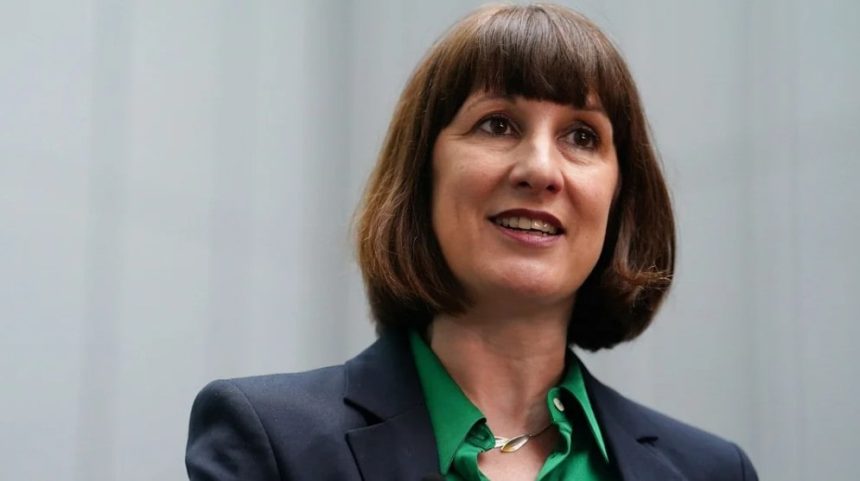UK Autumn Budget 2025 Set for 26 November as Reeves Acknowledges Economic Struggles
Chancellor Rachel Reeves has confirmed that the autumn budget 2025 will be delivered on 26 November, admitting that the UK economy is “not working well enough for working people.”
Speaking to reporters on Wednesday, Reeves insisted that the economy “isn’t broken” but acknowledged there was still “more to do.”
She said: “Bills are high. Getting ahead feels tougher. You put more in, get less out. That has to change.”
CONFIRMED: The Autumn Budget will take place on Wednesday 26 November
— Politics UK (@PolitlcsUK) September 2, 2025
The Treasury announced that Reeves had instructed the Office for Budget Responsibility (OBR) to prepare updated forecasts for the economy and public finances, as the chancellor must give the independent watchdog ten weeks’ notice.
The OBR’s summer reviews of productivity have generally been more optimistic than those of other institutions, including the Bank of England, though the upcoming projections are widely expected to show weaker growth.
If these forecasts indicate the government is likely to miss its fiscal rules, Reeves has signalled she will not reopen the spending review set out earlier this year, instead looking at potential tax increases.
Over the summer, Reeves has reportedly been exploring several tax-raising options. Rising borrowing costs, a slow growth outlook, high inflation, and welfare policy reversals could result in a government financing shortfall of up to £40bn.
Despite this, the chancellor and Prime Minister Keir Starmer remain committed to Labour’s manifesto pledge not to raise taxes on “working people,” covering income tax, national insurance, and VAT.
The late November date allows Reeves time to prepare for possible duty adverts, heightening prospects ahead of Labour’s party conference in Liverpool at the end of September.
In the weeks leading up to the budget, the government plans a series of measures aimed at boosting growth.
These are anticipated to include greenlighting Northern Powerhouse Rail and enforcing new planning reforms.
Reeves hopes the OBR will factor these policies, along with May’s India trade deal and the EU reset, into its forecasts.
Ministers will also be urged to accelerate deregulation at next week’s cabinet meeting.
Starmer has recently strengthened economic expertise in Downing Street, hiring former deputy Bank of England governor Minouche Shafik and poaching Reeves’s deputy Darren Jones.
While this was widely seen as a move to centralise economic control, Reeves’s allies stress that she supports the reshuffle.
Reeves has faced pressure from Labour’s left wing to introduce a wealth tax.
While she has privately dismissed that option, she has been reviewing ways to raise revenue from wealthier taxpayers, including potential changes to capital gains tax, inheritance tax, and property levies.
Treasury officials are hopeful that improved economic data before 26 November could allow the chancellor to present a more optimistic outlook after a challenging first year in office.
The International Monetary Fund’s mid-October forecasts may also provide a boost.
However, economic risks persist. Rising inflation and the global trade tensions linked to former US President Donald Trump’s policies could further strain household finances.
Business leaders warn that any tax increases could dampen growth and increase financial pressure on households.
Reeves is also cautious of alarming bond markets, crucial for government borrowing. The yield on 30-year UK government bonds recently hit 5.695%, a 25-year high, mirroring global trends amid US borrowing and policy uncertainty.
UK gilt yields surged to 5.695%, which is the highest level since 1998, amid growing fiscal concerns. Markets are watching Finance Minister Reeves’ upcoming Autumn Budget for expected tax increases, while also monitoring BoE hearings for signals on interest rates and QT… pic.twitter.com/WnIyq3EMZF
— RADEX MARKETS (@RadexMarkets) September 3, 2025
Highlighting the government’s economic record, Reeves pointed to measures such as raising the minimum wage for three million people. She has also been weighing options to delay certain tax changes until the autumn budget.






